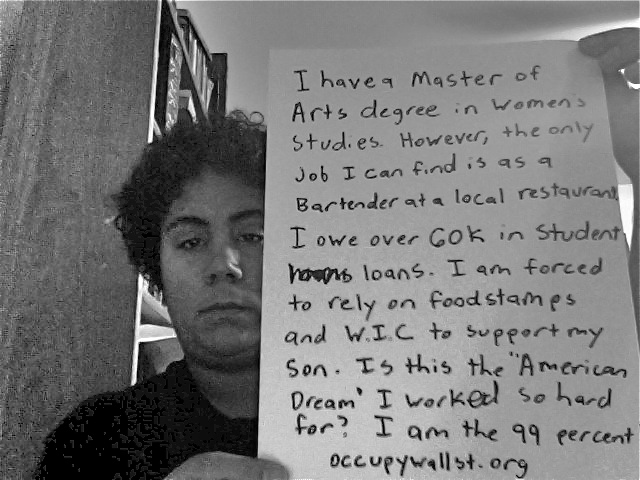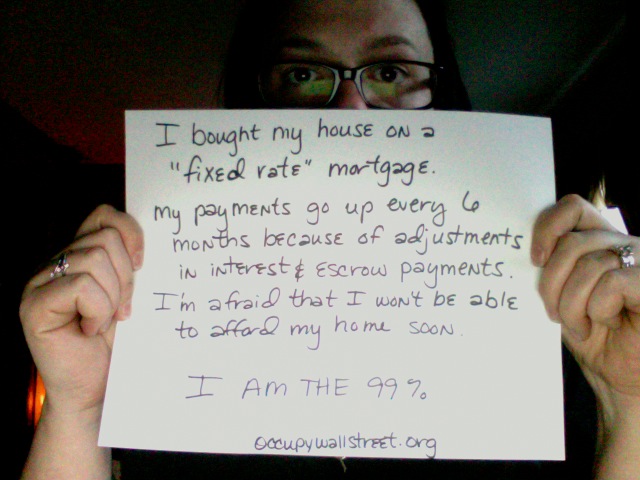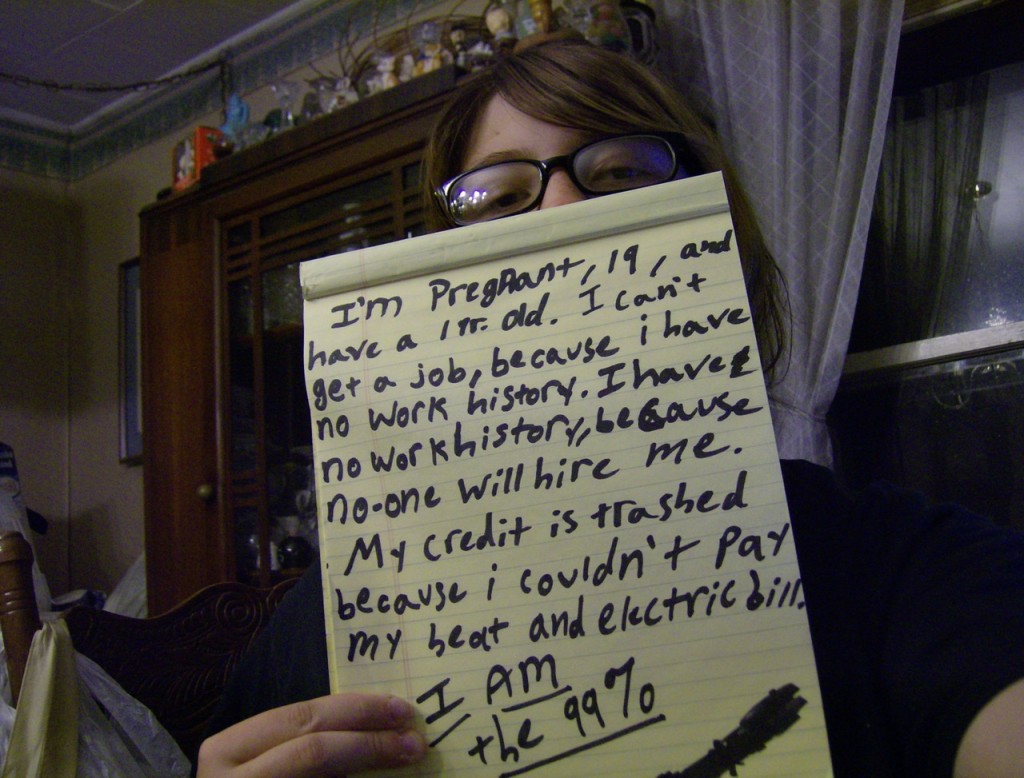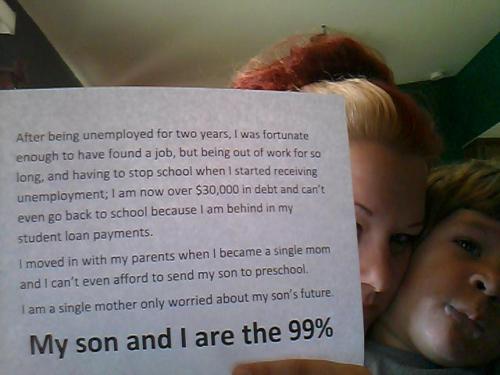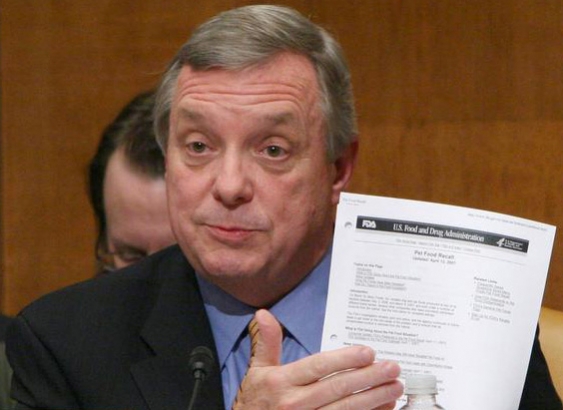You know who America’s greatest financial writer is? Adam Carolla. Interspersed with the penis jokes and complaints about the feminization of society, the esteemed author of In 50 Years, We’ll All Be Chicks explains the necessity of weighing time against money.
He cites an example most of us can relate to; losing your nail clippers. You used them, failed to put them in the usual place, and now know that they’re only somewhere in the house. But you’re too rushed to commit more than a few minutes to a hard search. So your nails grow and grow, and finally you break down and head to the drugstore for another pair. Sure enough, minutes after you return you find the original pair and get mad at yourself for buying something unnecessary.
Carolla’s solution isn’t just to suck it up and buy a pair of clippers. It’s to buy 8 pairs of clippers. Put one in your bathroom, one in a kitchen drawer, one in your car, maybe one in the garage, and you’ll never have to waste time looking for clippers (nor let your nails grow long) again.
A pair of clippers costs 69¢, which is peace of mind on the cheap.
Suba at Wealth Informatics submitted a post to the Carnival of Wealth a few weeks ago in which she mentions that frugality for its own sake (saving the 69¢ you’d pay for a redundant pair of clippers) is usually more trouble than it’s worth (spending an hour tearing the house upside-down looking for the clippers, frustrating yourself before ultimately conceding defeat.)
Suba thinks the people waiting in line at Costco for discounted members-only gas are nuts. And she occasionally, shamelessly eats professionally prepared food instead of being frugal. Restaurant markups notwithstanding, she argues that the math works out.
There’s at least one other financial blogger who loves to break down the recipes that he and his Midwestern family enjoy. His Alexa rank is tens of thousands of places better than ours, even though he writes like an 8-year-old who just mastered the rules of grammar, but he loves to brag about how little it costs to feed his family. (That he’s overweight is just a delicious bonus.) We’re here to argue that eating at a restaurant, in our example one a step below P.F. Chang’s “upscale casual” category, can be financially savvy.
Our guinea pig: Panda Express’s famously addictive orange chicken. Not only is it the greatest large-scale dish ever invented, an entire wing of the internet has been devoted to reverse-engineering its recipe. We’ve tried it ourselves, and the closest we’ve come has been the following. (We’re not going to write the recipe, just the ingredients and their prices. This isn’t RachaelRay.com.)
| 2 lbs. boneless, skinless chicken breasts | $5.33 |
| 1 egg | 1.00* |
| 1 1/2 teaspoons salt | 1.00 (26 oz.) |
| white pepper, undefined amount | 9.00 |
| 12 oz. cooking oil | 3.49 |
| 1 1/8 cup cornstarch | 1.40 |
| 1/4 cup flour | 1.70 (5 lbs.) |
| 1 tablespoon gingerroot | 2.59 (4 oz.) |
| 1 teaspoon minced garlic | 2.00 (4 oz.) |
| 1/2 teaspoon crushed red hot chili pepper** | 3.00 (1.2 oz.) |
| 1/4 cup green onion | 0.50 |
| 1 tablespoon rice wine | 4.28 (10 oz.) |
| 1/4 cup water | |
| 1/2 teaspoon sesame oil | 7.43 (7 oz.) |
| 1 1/2 tablespoons soy sauce | 1.88 (5 oz.) |
| 5 tablespoons sugar | 1.00 (1 lb.) |
| 5 tablespoons white vinegar | “ |
| zest of 1 orange | 0.50 |
| Raw TOTAL | 47.10 |
| TOTAL (per recipe unit) | 10.90 |
This recipe is supposed to serve 6, so that’s $1.82 a serving if you go with the per-unit ingredient prices. The $47.10 sounds like a steep initial investment, but then again, what are you supposed to do with the unused rice wine, ginger, garlic and sesame oil if not eventually make more faux-orange chicken?
We’ve cooked this enough times to know that it makes an unholy mess in the kitchen. And it takes at least 2 hours to go from assembling the ingredients to putting the final mixing bowl in the dishwasher and pressing “Start”.
Panda Express sells individual servings of orange chicken on a bed of rice for $3.75 each. Plus theirs is actually orange, as opposed to the burnt ocher that our version usually ends up being. Furthermore, the original is perfectly crisp on the outside and tender within. Ours is more than edible, but any aspiring cook who presented it during an audition would be told to hand over the spatula and find another line of work.
Still, we can’t overlook the fabulous savings of CYC Faux-Orange Chicken over its corporate counterpart. A whole $1.93 a serving. Servings #3 through #6 of the original batch go in the fridge, and by the time we reheat the gelatinized sixth a few days later, it’s time to head to the store for more green onions and other perishables. Meanwhile, every serving Panda Express sells is as fresh and hot as its predecessor.
Don’t forget to add the 2 hours it takes to cook. Even if you account for that as 20 minutes per serving, at some point you realize you should be spending less time hovering over a calculator and more time eating.
Cook because it’s fun, not because you’re doing it in lieu of shopping for a home loan that’s a few basis points cheaper. Frugality should be a personality trait, not an overarching life philosophy.
*Of course no egg costs a dollar, unless it comes from a Giant ibis. We’re buying the smallest possible quantities of each item – in this case, a dozen eggs. You can’t buy a single egg, just like you can’t buy a quarter-cup of flour.
**We’re imagining Anthony Kiedis being thrown in a hydraulic press, and getting excited at the idea.
This article is featured in:
**The Totally Money Blog Carnival: Countdown to Christmas Edition**
**The Wealth Builder Carnival #57**

